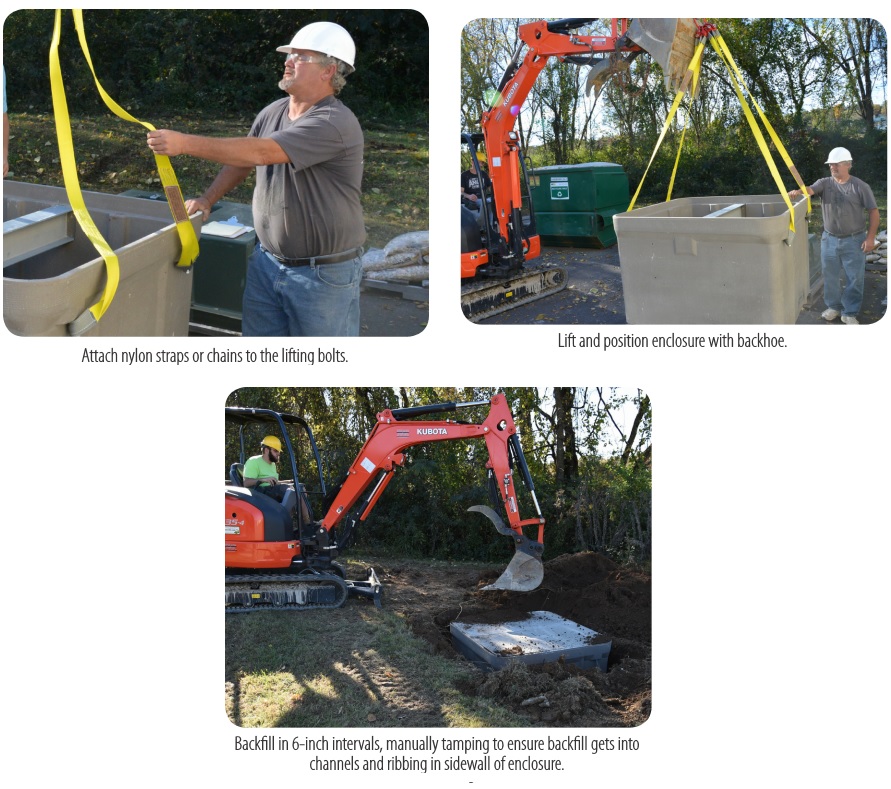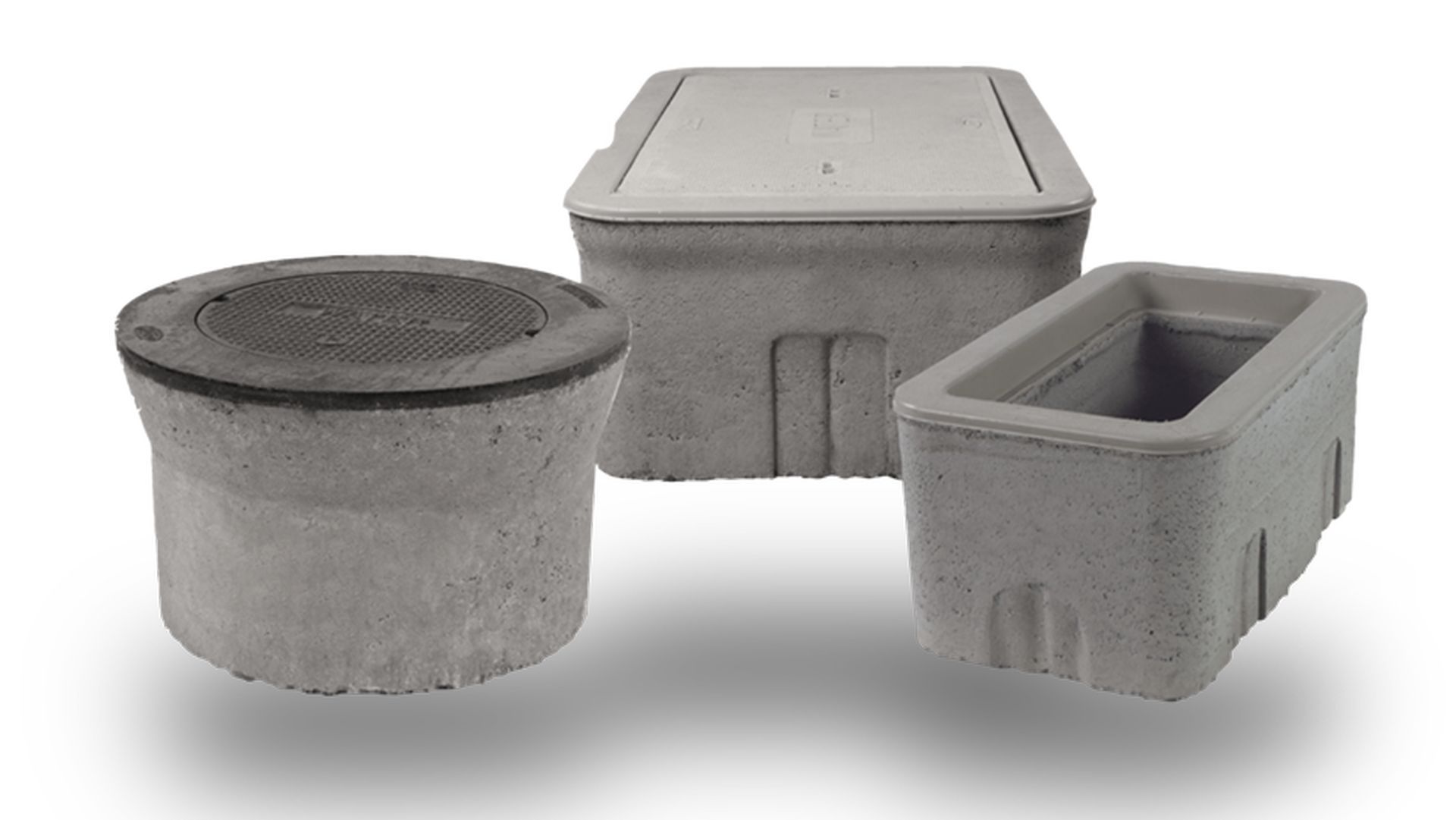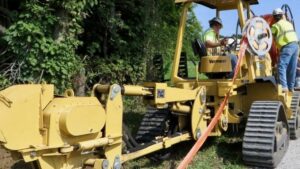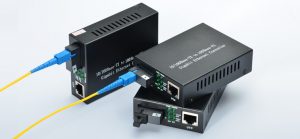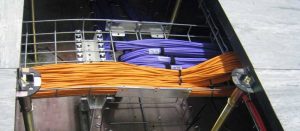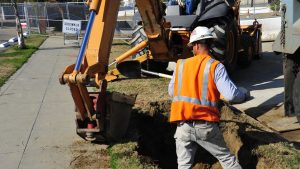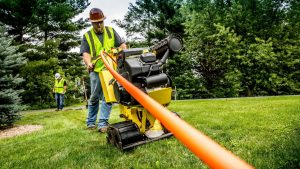Enclosures sized 24” x 36” and larger can be safely and securely installed by following these five simple steps:
Site Selection
Select an appropriate site or location that is suitable for an underground enclosure. Suitability evaluation of a particular site should include:
- Slope — Ideal location is level, but some grade is acceptable depending on soil conditions and expected drainage.
- Existing underground utilities — Make necessary preparations for avoiding all existing utility lines and equipment.
- Traffic — Hubbell enclosures are load rated and designed for non-deliberate traffic.
Excavation
After line trenches are complete, excavate an area approximately 1- to 2-feet larger than the width and length dimensions of the box, and 6- to 8-inches deeper than the overall height of the box.
- Add rodent barrier if necessary.
- Cover bottom of hole with 6-inches of gravel or crushed rock and level.
Lifting & Placement
- Remove cover from box.
- Attached lift straps to lift positions on box.
- Position box on leveled gravel in bottom of hole. Adjust for level or to match grade.
- Prepare incoming conduit paths into the box. Any necessary box modifications (i.e. knockout holes) should be added.
- Stub conduit into box.
Bracing
- Add bracing inside enclosure as described in the Internal Bracing section of this reference guide.
- Using proper lifting techniques, replace cover onto box and bolt down.
Backfill
- Wrap box with rodent barrier if necessary.
- Begin backfilling around perimeter of box and manually tamp, every 6- to 8-inches of backfill.
- Proper backfilling will minimize settling and potential frost heave of the enclosure.
- Where ribbing exists on exterior of enclosure, carefully work backfill into voids and tamp.
- Bring backfill to desired grade. Finish with grass seeding and/or additional erosion control. Enclosures Reference Guide
